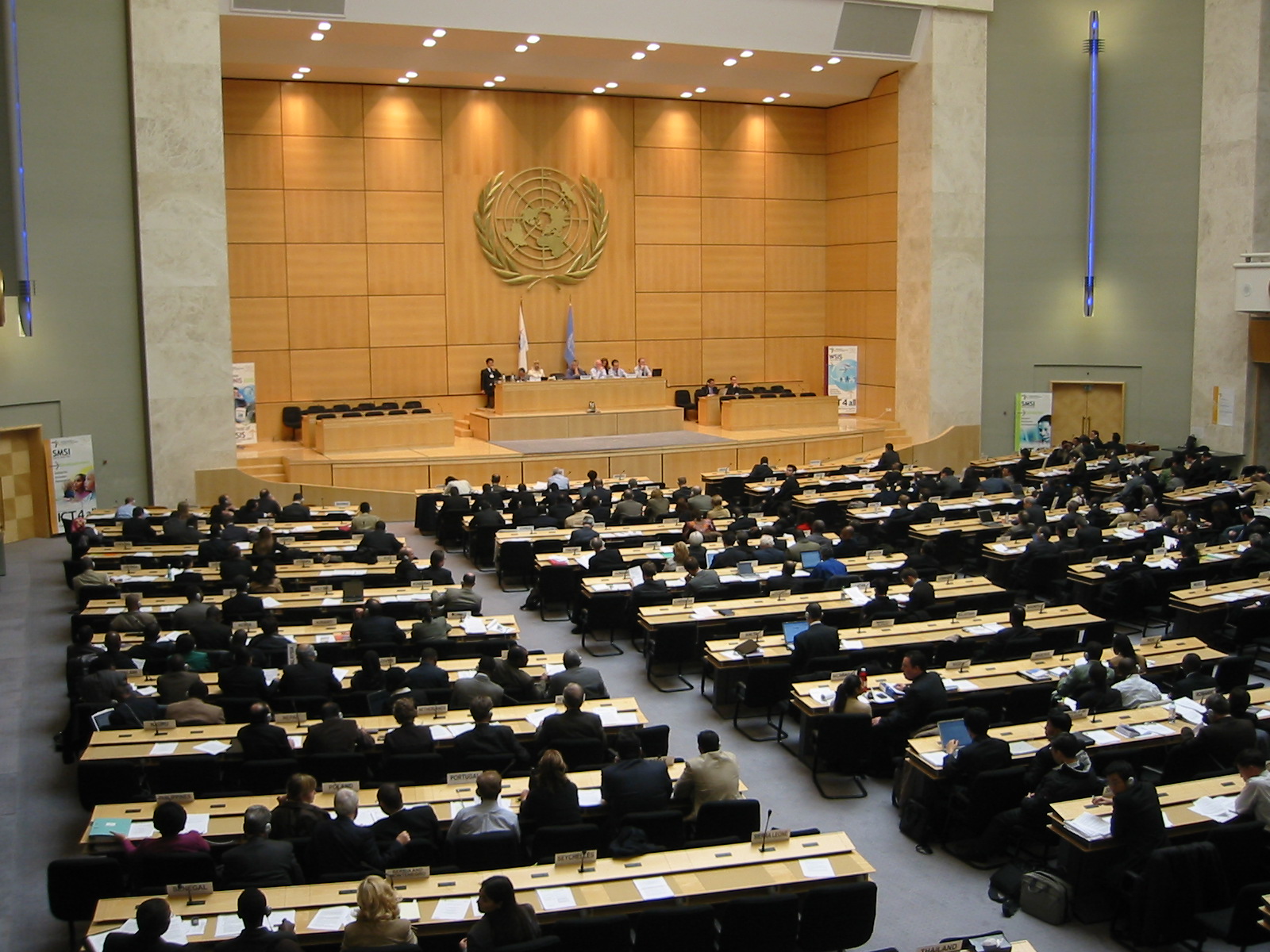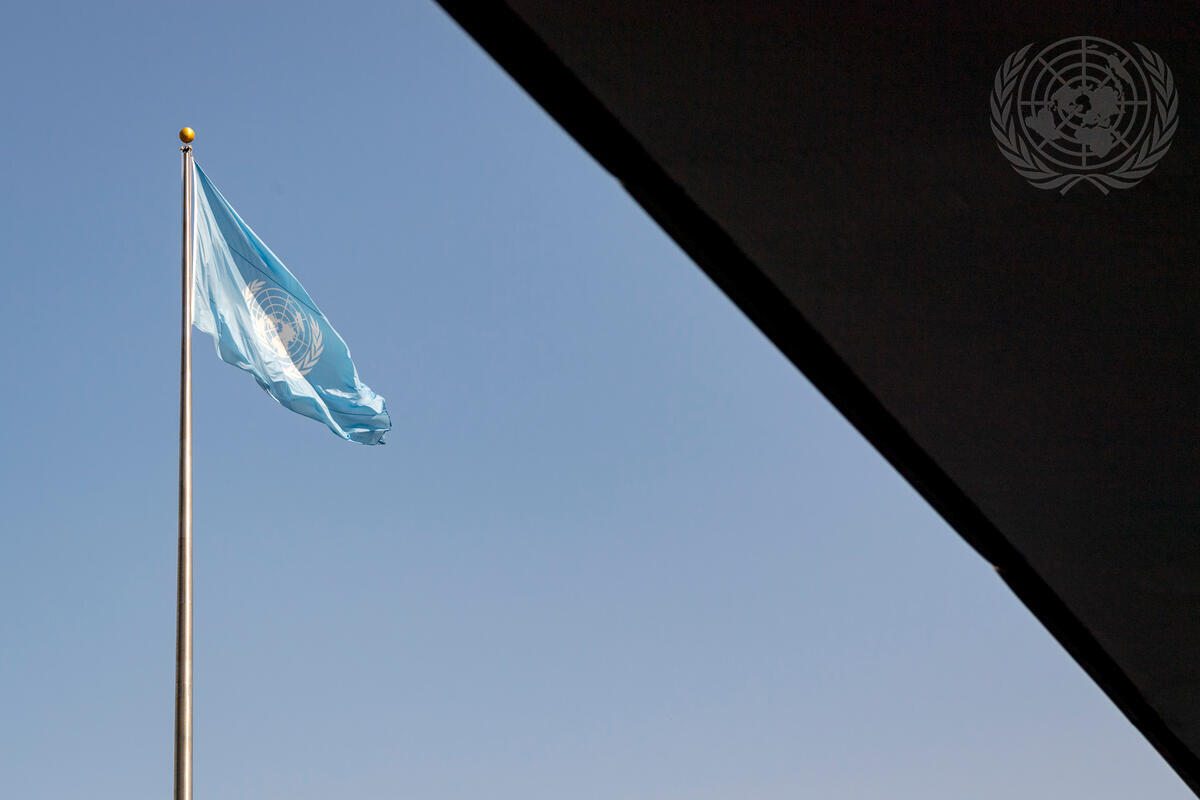Johannes Rohr, a long-standing advocate for the rights of Russia’s Indigenous communities with UN human rights mechanisms, has denounced a clear case of retaliation by the Russian authorities against his work. A German citizen, Rohr is a project coordinator for the Institute for Ecology and Action Anthropology (INFOE).
In a complaint to the UN Human Rights Committee, Rohr described an incident that took place on 19 December 2018: upon landing in Moscow with a valid multi-entry visa, he was detained for hours before being put on a flight back to Germany and expelled from the country, receiving only a document with no clear reason for his deportation, but which stated he was banned from entering Russia until 23 January 2069.
This happened only weeks after Rohr attended the 7th UN Forum on Business and Human Rights, on 27 November 2018. There, he made comments on the situation of Indigenous peoples in Russia, denouncing the lack of transparency by western extractive companies operating in the country, the absence of consultation of communities impacted by their projects, and the criminalisation of activists who sought to defend their rights. Rohr spoke in the presence of Russian representatives who publicly rebutted him.
In the months after his deportation, and with the support of the Russian organisation ADC Memorial, he lodged appeals within the Russian legal system. These were all dismissed in opaque processes during which Rohr’s representatives were systematically denied access to key documents. A November 2020 ruling by the the Supreme Court of the Russian Federation inexplicably labelled Rohr a ‘threat to the defence capabilities and security of the Russian Federation and to public order’.
‘Nothing that I said [at the Business and Human Rights Forum] went beyond what I have written many times in shadow reports and articles,’ Rohr said in his witness statement to the Human Rights Committee, in which he also noted that, despite previous encounters with security services, he had never been denied entry in his multiple past visits to the country.
Faced with the closure of most avenues for legal remedy, and with the support of the International Service for Human Rights as well as Jennifer MacLeod, Ben Juratowitch and Rob Steele, Rohr is seizing the Human Rights Committee.
The Committee is a UN Treaty Body that is tasked with monitoring the enforcement of the International Covenant on Civil and Political Rights (ICCPR), to which Russia is a State Party.
Rohr’s submission argues that Russia violated his rights as enshrined in the ICCPR, trampling multiple clauses of Articles 13 and 19 of the Covenant. These protect individuals from arbitrary deportations and detention and guarantee their rights to hold and express their opinions, and to communicate with international bodies, including on matters relating to human rights.
‘The Committee must hold Russia accountable for this brazen case of reprisals against a recognised human rights expert for engaging with the UN,’ said Madeleine Sinclair, Director of the ISHR office in New York.
‘Russia’s treatment of Johannes Rohr is emblematic of its open disdain for independent human rights advocates, even before the mass political repressions and including all the independent Indigenous rights organisations on the list of extremists by the Ministry of Justice,’ said Stephania Kulaeva, of Russian organisation ADC Memorial, which supports Rohr in his legal proceedings in Russia.
ISHR urges the Human Rights Committee to hold the Russian State accountable for its illegal deportation and territorial ban of Johannes Rohr and for breaching his rights under the ICCPR. We further call Russia to end its persecution of human rights defenders.




